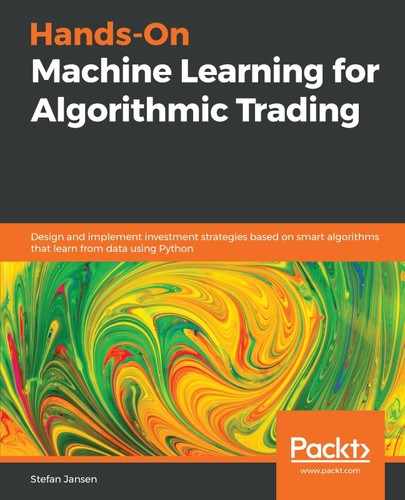A high Information Ratio (IR) implies attractive out-performance relative to the additional risk taken. The Fundamental Law of Active Management breaks the IR down into the information coefficient (IC) as a measure of forecasting skill, and the ability to apply this skill through independent bets. It summarizes the importance to play both often (high breadth) and to play well (high IC):

The IC measures the correlation between an alpha factor and the forward returns resulting from its signals and captures the accuracy of a manager's forecasting skills. The breadth of the strategy is measured by the independent number of bets an investor makes in a given time period, and the product of both values is proportional to the IR, also known as appraisal risk (Treynor and Black).
This framework has been extended to include the transfer coefficient (TC) to reflect portfolio constraints (for example, on short-selling) that may limit the information ratio below a level otherwise achievable given IC or strategy breadth. The TC proxies the efficiency with which the manager translates insights into portfolio bets (Clarke et al. 2002).
The fundamental law is important because it highlights the key drivers of outperformance: both accurate predictions and the ability to make independent forecasts and act on these forecasts matter. In practice, managers with a broad set of investment decisions can achieve significant risk-adjusted excess returns with information coefficients between 0.05 and 0.15 (if there is space possibly include simulation chart).
In practice, estimating the breadth of a strategy is difficult given the cross-sectional and time-series correlation among forecasts.
